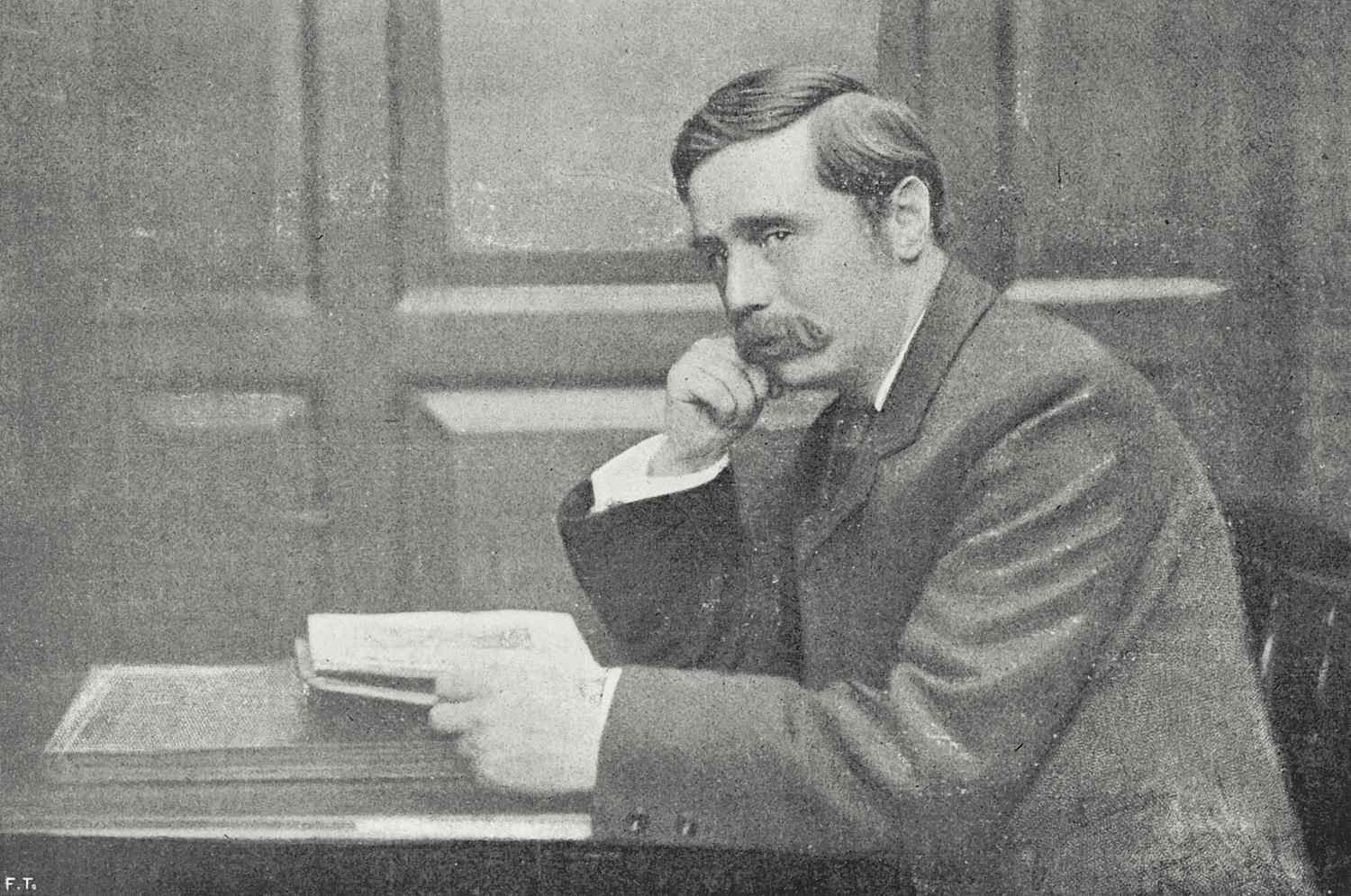
NOTE: This article is a republication- Source: Jacobin (by Joshua Fagan).
The continuing fame enjoyed by H. G. Wells owes itself largely to his two most famous novels, The Time Machine (1895) and The War of the Worlds (1898). Imaginative and daring, these books infuse the reader with a combination of hope and realism: hope for the possibility of a vibrant future that benefits all, and realism about the difficulty of realizing such an aim. Ignored in retellings of Wells’s life and works is that his vision of progress was a distinctly socialist one.
Alongside his novelistic output, Wells engaged tirelessly as a public intellectual, marshaling arguments against the inevitability of capitalist social relations. In “The Misery of Boots,” an address he gave to the Fabian Society in 1905, he conjured up the metaphor of tattered boots which, for Wells, represented the struggles of the working class in a capitalistic society. This unlucky majority can only afford cheaply made boots that wear and degrade under the stress of endless labor. From this he draws two conclusions: commerce and manufacturing should not occur “for the private profit of individuals, but for the good of all,” and that socialists are “the only people who do hold out any hope of far-reaching change that will alter the present state of affairs.”
You can read the full article here